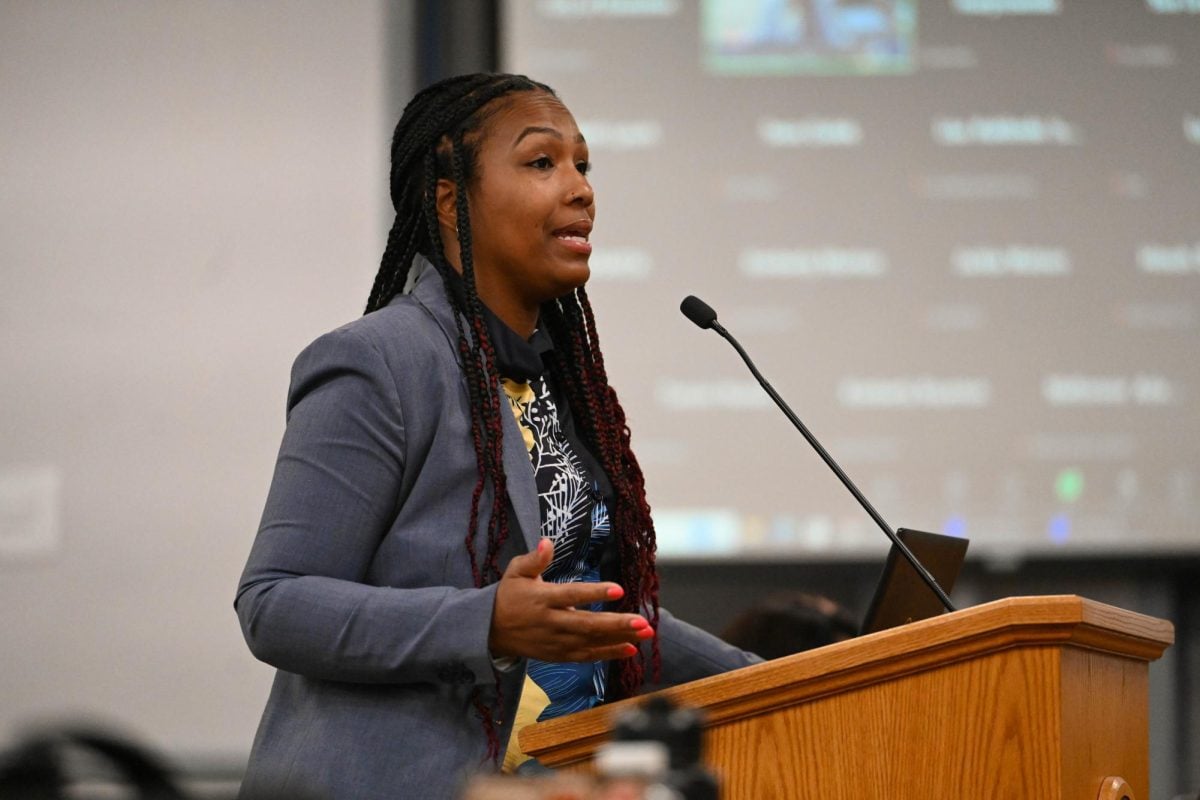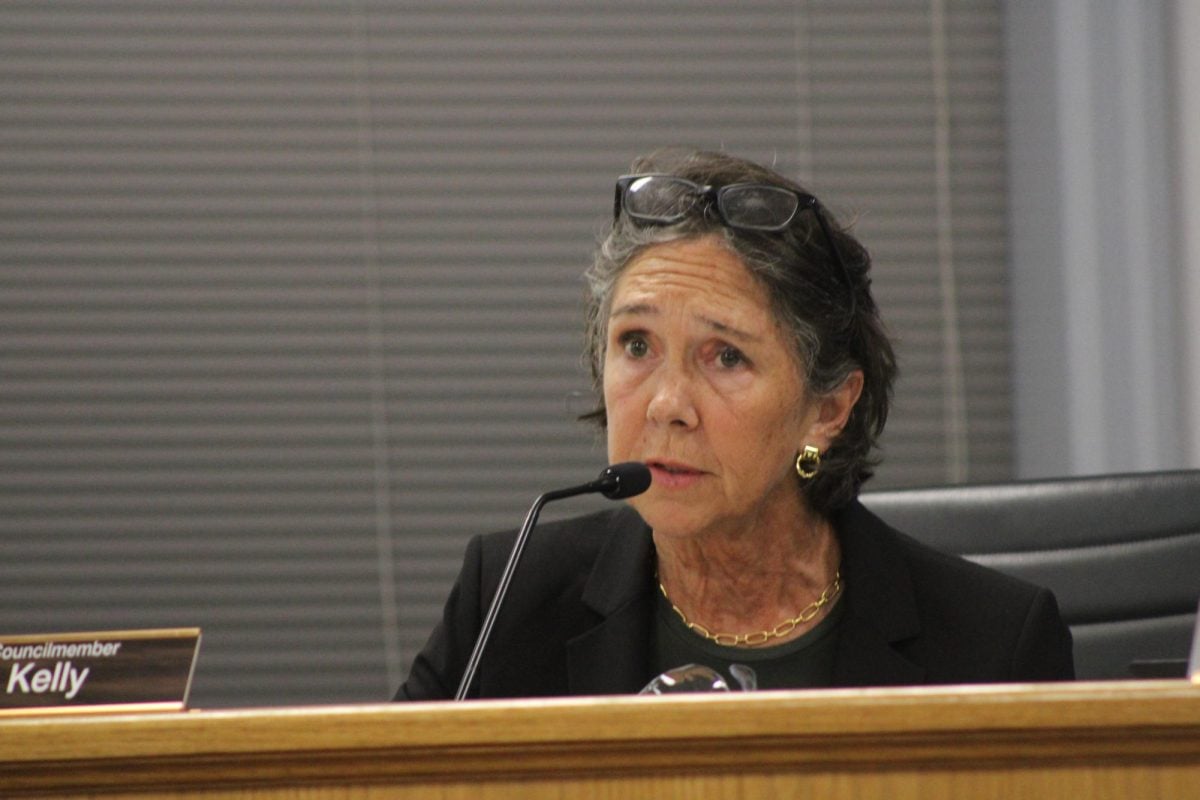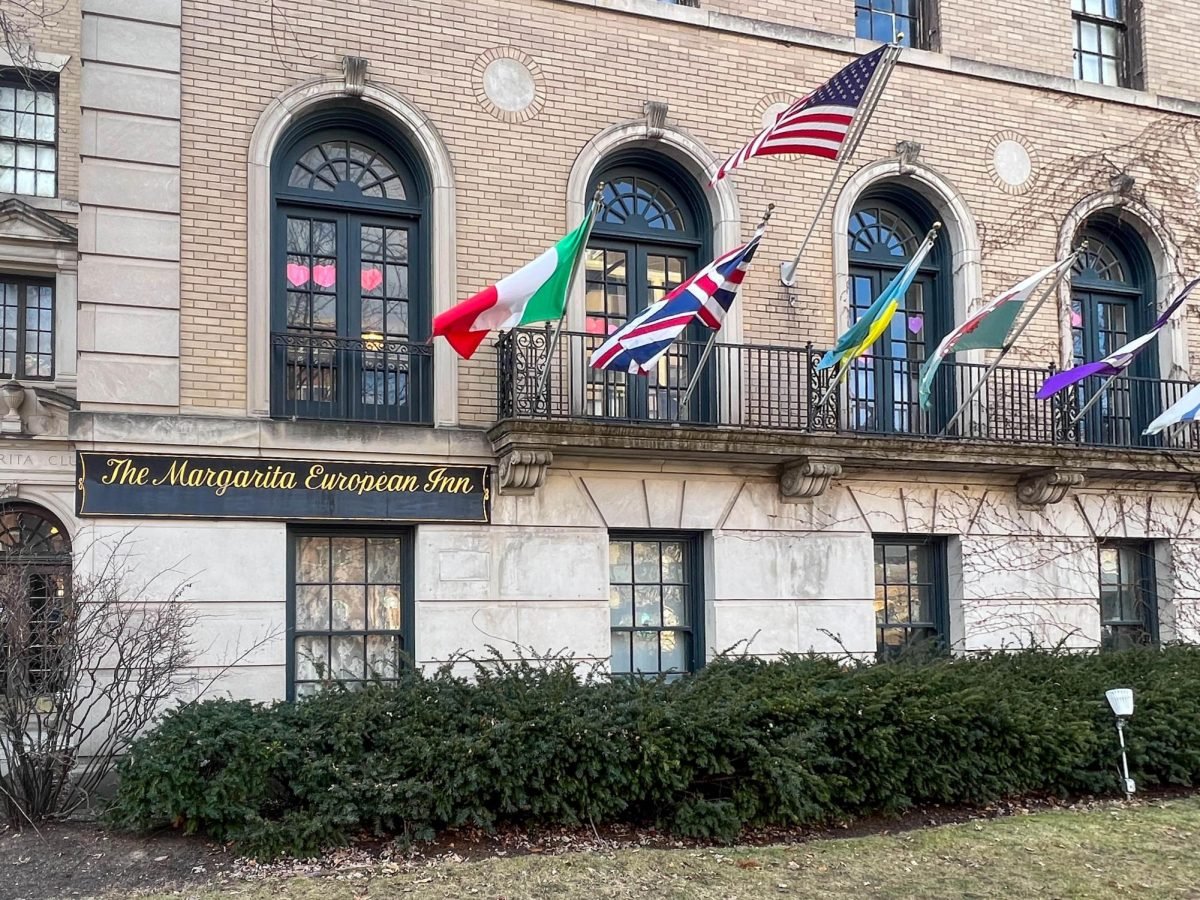Neticia Waldron, a health care professional who is spearheading the Evanston Pathway to Wellness initiative, exhaled while addressing City Council on Monday evening.
She recounted how her grandmother died of a heart attack. She hadn’t even turned 60. And this year, her mother died from a chronic illness, Waldron added.
Her program — approved unanimously by City Council — will provide health support to some of Evanston’s poorest census tracts, where residents can expect to live up to 13 years less than those in the city’s more affluent area in part due to chronic conditions, according to city data.
“That very health disparity has impacted my family,” she said.
Focusing on those tracts in southwest Evanston, the one-year pilot program will split 150 residents into two groups.
A control group will receive food stipends and a digital monitoring platform that will help screen for health issues and offer wellness information. The other group will get “wrap-around support” with cooking courses, fitness sessions, regular checkups and more, in addition to the control group’s services.
Elizabeth Lynch, a preventive medicine professor at Rush University Medical Center, will collect data from the participants and compare outcomes between the two groups. The study will focus on high blood pressure.
“I’m really excited to work on a project that is really driven by the community in this way,” she said.
The council approved $400,000, which Waldron said will fund research and the screening devices. The money comes from some of Evanston’s remaining American Rescue Plan Act funds, which came from the federal government during the COVID-19 pandemic.
It’s not the first ARPA-funded pilot initiative to target some of the city’s lowest-income residents.
City Council unanimously approved a new phase of Evanston’s guaranteed income program this March. Using $900,000 in ARPA funds, the initiative doles out $500 a month to 150 qualifying families in census tract 8092.
That tract has served as the crux of the city’s efforts to improve health incomes. Located in central Evanston west of the Metra tracks, 8092 had a city-high child poverty rate of 28.9% in 2018, according to the city.
“I’m really happy that the city has identified this problem — and responding to it by allocating some resources and involving partners in a collaborative approach here,” Ald. Jonathan Nieuwsma (4th) said. “I certainly hope that this one-year program will lead to some ongoing funding, ongoing resources from whatever source we can come up with until that 13-year discrepancy is down to zero.”
However, the federal pandemic funds will run out eventually.
Ald. Thomas Suffredin (6th) wondered whether the program, if successful, could continue past its first year without a funding source.
“The worst-case scenario is that this succeeds, and there’s no money for it in the future,” he said.
The program’s research-based nature has attracted interest from Endeavor Health and other partners, Waldron said. Insurance might also cover future costs.
Waldron has also jumpstarted Whole Woman Fitness, a wellness venture in Evanston that will administer the new Pathway to Wellness initiative.
“We educate people to change their habits, their body and how to actually move in the right direction,” she said.
Email: [email protected]
Related Stories:
— Evanston Mayor Daniel Biss announces reelection bid
— ‘Doom and gloom’ no more? City Council tackles financial future, tax changes
— Evanston to proceed with new version of guaranteed income program


















